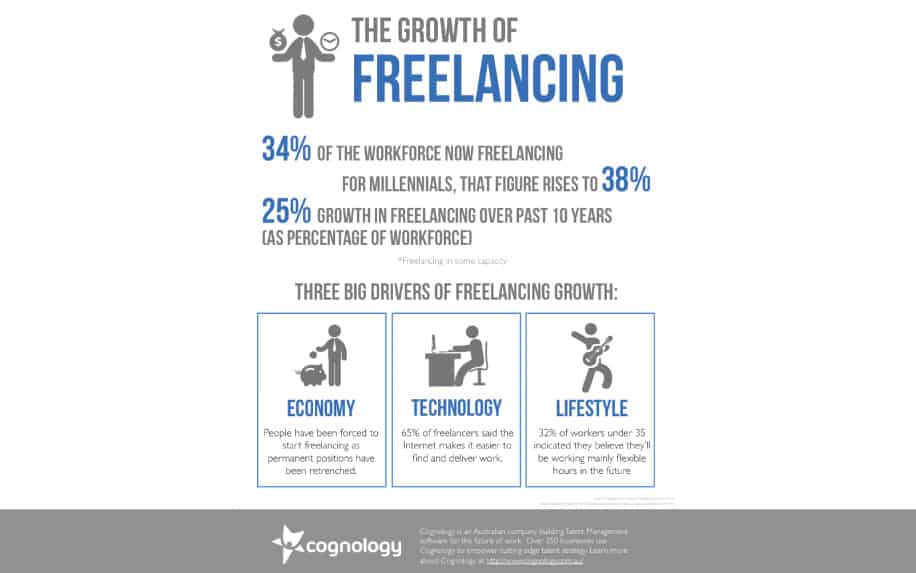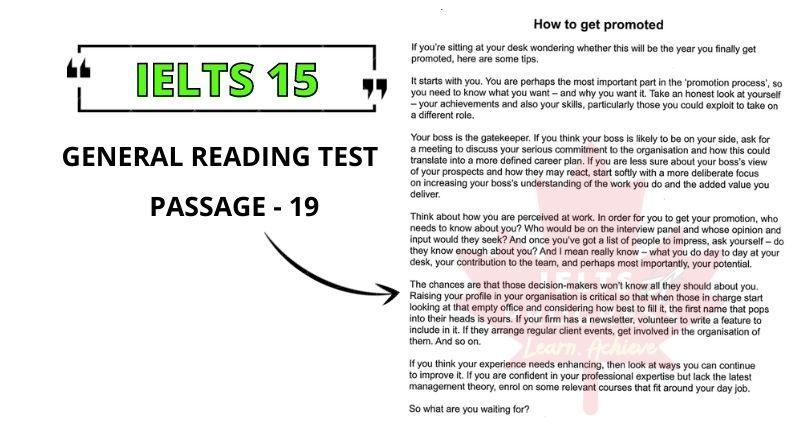
You should let your manager know if there is a job opportunity outside of your company. This will enable you to negotiate a better job offer. Also, don't make any negative comments about other coworkers. In addition, you don't want to make your manager look bad, especially if he or she knows you're considering leaving.
Negotiating a job deal with an employer
It is important to discuss your desired features and perks with your current employer when negotiating with them. Also, consider the salary range of the company. If possible, you should make an offer in person rather than sending it via email. You should also remember that many companies place an expiration deadline on any offer that you negotiate. This can be frustrating so ask for an extension and explain why.
You should be prepared to negotiate for the exact amount you desire and open to receiving a counteroffer. By knowing what you are worth to the company, you can convince your employer to offer you a higher salary, more benefits, and higher incentives. Also, be ready for the interview. This will make you more confident and help you get over any anxiety. It is important to leave a good impression in the interview.

If you are not happy with the offer you can return it to the company and continue working with them until you have found a replacement. However, be sure to do this with courtesy. A face-to–face meeting is more efficient because it shows professionalism and courtesy.
Negative remarks about coworkers are best avoided
Negative remarks about coworkers should not be made when you bring up a job opportunity with an existing employer. Negative comments often start in casual conversations. If you've heard a colleague complain about another coworker, you should clarify the matter by telling them your reasons for your disagreement and explaining that you're going to focus on your work instead of listening to the other person's complaints.
Discuss your concern about coworkers' attitude with your manager. They might have suggestions or be able talk to your manager. Persistent negativity may lead to disciplinary actions or even termination of employment.
Try to find the positive aspects of their work if you're working next to a negative employee. It is possible to turn the negative into a positive and find the good in the situation. You can seek professional assistance if the situation is really difficult. This could be a close friend, a manager or human resource person.

Receiving a counteroffer
Consider accepting a counteroffer from an employer if you have been offered a job. This type of offer is generally easier to accept since it doesn't require you to move to another organization and settle in. You don't need to spend time getting acquainted with new colleagues or friends. You also have the opportunity to think about your career goals.
You should first consider why you are looking for a job. Sometimes it's not all about money. For instance, you might have wanted a title change, increased responsibilities, or a better balance between work and life. You should inform the new employer if you decline the counteroffer.
Counteroffers are often a sign of confidence from an employer in you and your future. An employer might want to ensure that you are happy in the new position. This is a good sign. The counteroffer may also address your reasons for leaving, such as a new work environment or the desire to further your career.